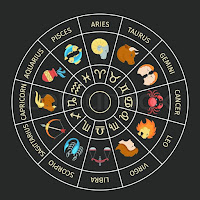Black Friday is the day following Thanksgiving Day in the United States, traditionally the beginning of the Christmas shopping season. On this day, most major retailers open extremely early, often at 4 a.m., or earlier, and offer promotional sales to kick off the shopping season, similar to Boxing Day sales in many British Commonwealth countries. Black Friday is not actually a holiday, but many non-retail employers give their employees the day off, increasing the number of potential shoppers. It has routinely been the busiest shopping day of the year since 2005, although news reports, which at that time were inaccurate, have described it as the busiest shopping day of the year for a much longer period of time.
The day's name originated in Philadelphia, where it originally was used to describe the heavy and disruptive pedestrian and vehicle traffic which would occur on the day after Thanksgiving. Use of the term started before 1966 and began to see broader use outside Philadelphia around 1975. Later an alternative explanation began to be offered: that "Black Friday" indicates the point at which retailers begin to turn a profit, or are "in the black".
For many years, it was common for retailers to open at 6:00, but in the late 2000s, many had crept to 5:00 or even 4:00. This has been taken to a new extreme in 2011, when several retailers (including Target, Kohls, Macy's, Best Buy, and Bealls) opened at midnight for the first time.







